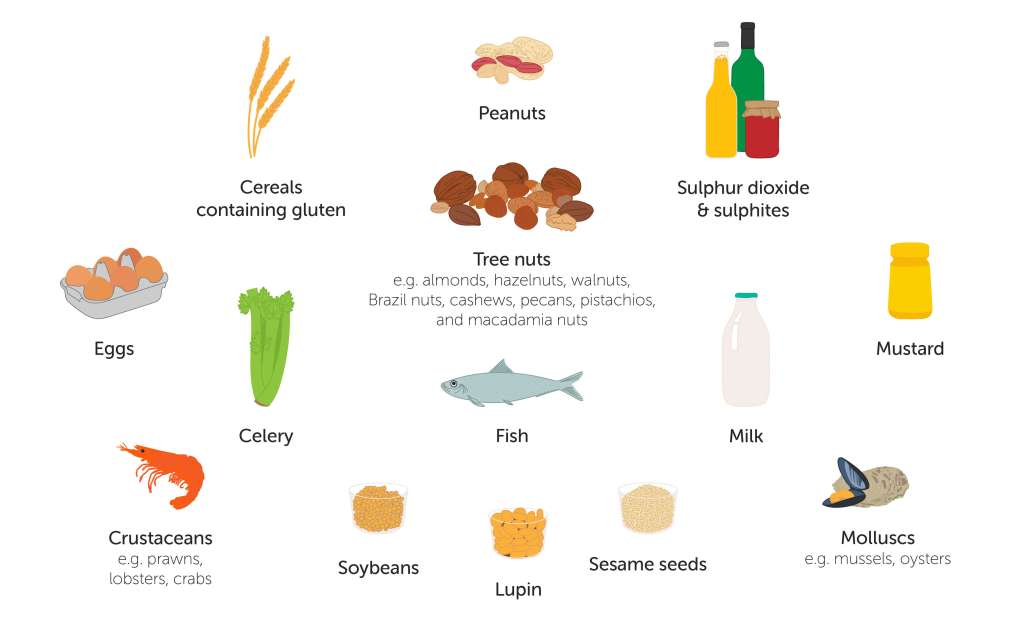Restaurant health and safety is in the spotlight, but what are the basics every food business needs to live by?
This guide lists the risks and responsibilities that all restaurant, catering and hospitality businesses should be aware of, as well as the health and safety arrangements you should have in place. There’s also information about the government’s coronavirus restaurant health and safety guidance.
Health and safety in restaurants: the basics
All businesses should carry out a regular health and safety risk assessment. This involves looking at your business and identifying potential hazards that may affect staff or members of the public. Your restaurant risk assessment should tell you whether you’re doing enough to mitigate these risks.
Restaurants, food and takeaway businesses need a rigorous risk assessment process. The number of hazards in the workplace is almost endless – ovens and deep fat fryers all pose clear risks, but some are less obvious. For example, are steps clearly marked, particularly if they’re likely to be used by waiters carrying hot plates?
Guide to allergens and food safety
Download free templates, posters, and allergen information for your food business today.
16 restaurant health and safety responsibilities
Gov.uk currently highlights these responsibilities for food, catering and retail businesses:
Safety
- make sure food is safe to eat
- don’t add, remove or treat food in a way that makes it harmful to eat
- make sure food is of the quality you say it is
- don’t mislead with labelling, advertising or marketing
- keep records of where you got the food from (and make sure you can produce these when asked) – this is also known as ‘traceability’
- withdraw unsafe food and produce an incident report
- inform people when food has been withdrawn or recalled, why it was withdrawn, and what they should do
- keep your food hygiene rating on display
Additives
- only use approved additives
- only use additives approved for use in that particular food
Hygiene
- write a hygiene plan based on Hazard Analysis and Critical Control Point (HACCP) principles
- make sure ‘food contact materials’ (including packaging, food processing equipment, cookware and surfaces) don’t transfer anything to or change the food they touch
- make sure you can show where your food contact materials came from, if inspected
- follow the HACCP principles to protect food from bacteria (for example E.coli O157 and campylobacter, and salmonella)
- take responsibility for staff hygiene training
- manage food allergies

Guidance from the HSE on health and safety in the kitchen
The Health and Safety Executive (HSE) has published guidance and templates for businesses carrying out their first risk assessment. It includes standard layouts for risk assessments and health and safety in a kitchen policies, which you can fill in with the relevant information.
Alternatively, many restaurants and kitchens choose to hire a health and safety specialist with knowledge of the catering sector to carry out a risk assessment for them. This can be beneficial in the long term, as a professional with kitchen health and safety expertise can often point out hazards and risks you’ve missed.
Health and safety rules in the kitchen are often common sense
Kitchen health and safety rules are in many cases common sense. It’s likely that you already run, or are planning to run, a safe restaurant. However, it’s important that you develop a comprehensive health and safety in catering and hospitality policy, which demonstrates how hazards and other issues need to be dealt with. You’ll also need to produce this policy for an inspector if (and when) the council decides to visit.
Who needs a food hygiene certificate?
In the UK, food handlers don’t have to hold a hygiene certificate to prepare or sell food. However, businesses dealing with food carry multiple responsibilities. From food safety to hygiene and inspections, the best place to start for guidance is gov.uk’s food safety hub, as well as the Food Standards Agency’s (FSA) business guidance.
Currently, employers are responsible for all staff hygiene training. This can be on-the-job and informal, or part of a structured programme, but ensuring it’s in place and appropriate for your line of business is a legal requirement.
Coronavirus – how does it impact restaurant health and safety?
According to gov.uk, it’s very unlikely that someone can catch coronavirus from food. This is because it’s a respiratory illness, and not currently known to be transmitted from food or packaging.
That said, it makes sense to follow stringent health and safety practices and limit your business’ exposure to coronavirus as much as possible. Here’s guidance from gov.uk, with a coronavirus-specific health and safety restaurant checklist:
Follow the general guidance
- any food handler who’s unwell shouldn’t be at work
- anyone handling food should wash their hands often with soap and water for at least 20 seconds (they should also do this before/after handling food, after being in a public place, blowing their nose, coughing or sneezing)
- food business operators should follow the FSA’s guidance on good hygiene practices, and they should also follow their HACCP process (see 16 restaurant health and safety responsibilities above)
Be vigilant on symptoms
If you or any food handler has any of these symptoms, you should self-isolate:
- a new, continuous cough
- a high temperature
- a loss of (or change in) normal sense of smell or taste (anosmia)
Know your food hygiene guidance
- follow a Food Safety Management System (FSMS) which includes existing food hygiene guidance and HACCP processes (see above)
- stress the importance of more frequent handwashing and hygiene practices
- clean and disinfect objects and surfaces frequently
Be sensible with your packaging, cleaning and waste disposal
According to the World Health Organization (WHO), it’s unlikely that an infected person will contaminate commercial goods. However, gov.uk advise:
- efforts to clean and handle packaging in-line with the usual food safety practices
- following existing risk assessments and safe systems of working
- follow coronavirus-specific guidelines on cleaning and waste disposal
Manage employee sickness
- if anyone develops symptoms in your business or workplace, you should send them home and advise them to follow the government’s stay-at-home guidance
- they (and you, if you’re showing symptoms) should go to NHS 111 online or call 111, and 999 if they’re seriously ill
- anyone who’s helped the person showing symptoms should wash their hands thoroughly
- you don’t need to close your business or workplace, unless the government’s policy around symptoms in the workplace changes
- keep monitoring gov.uk’s coronavirus response hub for updates
Apply social distancing
- maintain a two-metre distance between individuals
- use signage reminding customers not to come in if they have symptoms
- regulate entry and avoid overcrowding
You can find lots more guidance on gov.uk around social distancing in a food or catering workplace.
Gov.uk have stressed that their guidance is general, should be treated as a guide, and applicable legislation will always prevail if there’s a conflict.
Think about business insurance
Restaurants and food businesses have unique requirements when it comes to insurance. The key policy to think about is public liability insurance.
Read more about takeaway restaurant insurance.
Public liability insurance
Restaurants have been at the centre of a number of significant compensation claims recently. A single claim could cause you serious financial problems, so it’s important to consider public liability insurance, which covers your business if a member of the public gets injured or ill and blames you.
Employers’ liability insurance
It’s likely that your business legally needs employers’ liability insurance if it has at least one employee. It protects you if your staff gets ill or injured as a result of working for you.
Most employers are legally required to have at least £5 million of employers’ liability cover, or face a fine of up to £2,500 per day (although there are some exceptions). Simply Business lets you build a business insurance policy tailored to the needs of your restaurant and compare a range of quotes.
Are you concerned about restaurant health and safety? Let us know in the comments.
Small business guides and resources
- A guide to health and safety for small businesses
- What is an occupational health assessment?
- How to do a health and safety risk assessment for your business
- Is public liability insurance tax deductible?
Sign up for our newsletter
Looking for the latest news and features to help you stay ahead? Sign up for our monthly newsletter and get the inside track on the issues that matter to you.
